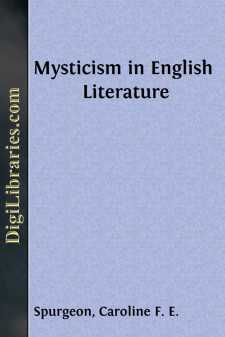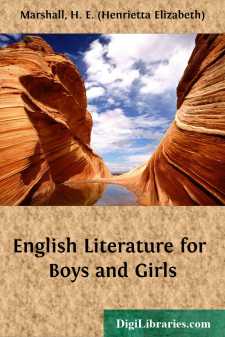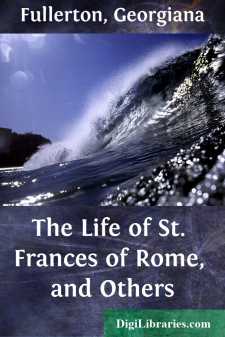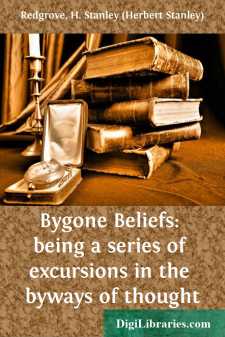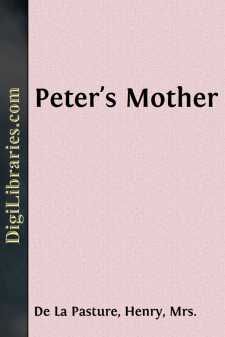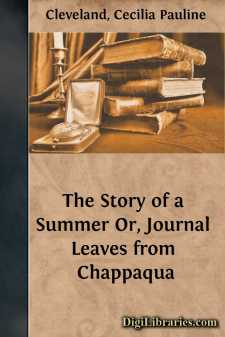Categories
- Antiques & Collectibles 13
- Architecture 36
- Art 48
- Bibles 22
- Biography & Autobiography 815
- Body, Mind & Spirit 144
- Business & Economics 28
- Children's Books 18
- Children's Fiction 14
- Computers 4
- Cooking 94
- Crafts & Hobbies 4
- Drama 346
- Education 58
- Family & Relationships 59
- Fiction 11835
- Games 19
- Gardening 17
- Health & Fitness 34
- History 1378
- House & Home 1
- Humor 147
- Juvenile Fiction 1873
- Juvenile Nonfiction 202
- Language Arts & Disciplines 89
- Law 16
- Literary Collections 686
- Literary Criticism 179
- Mathematics 13
- Medical 41
- Music 40
- Nature 180
- Non-Classifiable 1768
- Performing Arts 7
- Periodicals 1453
- Philosophy 65
- Photography 2
- Poetry 896
- Political Science 203
- Psychology 44
- Reference 154
- Religion 515
- Science 126
- Self-Help 85
- Social Science 83
- Sports & Recreation 34
- Study Aids 3
- Technology & Engineering 60
- Transportation 23
- Travel 463
- True Crime 29
Our website is made possible by displaying online advertisements to our visitors.
Please consider supporting us by disabling your ad blocker.
Mysticism in English Literature
Description:
Excerpt
Chapter I
Introduction
Mysticism is a term so irresponsibly applied in English that it has become the first duty of those who use it to explain what they mean by it. The Concise Oxford Dictionary (1911), after defining a mystic as "one who believes in spiritual apprehension of truths beyond the understanding," adds, "whence mysticism (n.) (often contempt)." Whatever may be the precise force of the remark in brackets, it is unquestionably true that mysticism is often used in a semi-contemptuous way to denote vaguely any kind of occultism or spiritualism, or any specially curious or fantastic views about God and the universe.
The word itself was originally taken over by the Neo-platonists from the Greek mysteries, where the name of μÐÐÐРлστης given to the initiate, probably arose from the fact that he was one who was gaining a knowledge of divine things about which he must keep his mouth shut (μÐÐÐРлω = close lips or eyes). Hence the association of secrecy or "mystery" which still clings round the word.
Two facts in connection with mysticism are undeniable whatever it may be, and whatever part it is destined to play in the development of thought and of knowledge. In the first place, it is the leading characteristic of some of the greatest thinkers of the world—of the founders of the Eastern religions of Plato and Plotinus, of Eckhart and Bruno, of Spinoza, Goethe, and Hegel. Secondly, no one has ever been a lukewarm, an indifferent, or an unhappy mystic. If a man has this particular temperament, his mysticism is the very centre of his being: it is the flame which feeds his whole life; and he is intensely and supremely happy just so far as he is steeped in it.
Mysticism is, in truth, a temper rather than a doctrine, an atmosphere rather than a system of philosophy. Various mystical thinkers have contributed fresh aspects of Truth as they saw her, for they have caught glimpses of her face at different angles, transfigured by diverse emotions, so that their testimony, and in some respects their views, are dissimilar to the point of contradiction. Wordsworth, for instance, gained his revelation of divinity through Nature, and through Nature alone; whereas to Blake "Nature was a hindrance," and Imagination the only reality. But all alike agree in one respect, in one passionate assertion, and this is that unity underlies diversity. This, their starting-point and their goal, is the basic fact of mysticism, which, in its widest sense, may be described as an attitude of mind founded upon an intuitive or experienced conviction of unity, of oneness, of alikeness in all things. From this source springs all mystical thought, and the mystic, of whatever age or country, would say in the words of Krishna—
There is true knowledge. Learn thou it is this:
To see one changeless Life in all the Lives,
And in the Separate, One Inseparable.
The Bhagavad-Gîtâ, Book 18.
This fundamental belief in unity leads naturally to the further belief that all things about us are but forms or manifestations of the one divine life, and that these phenomena are fleeting and impermanent, although the spirit which informs them is immortal and endures....


